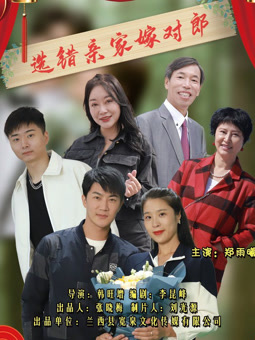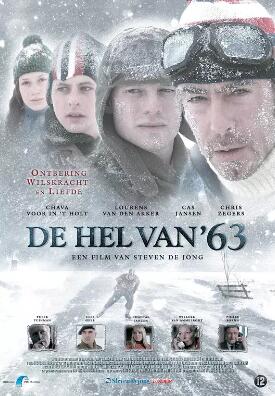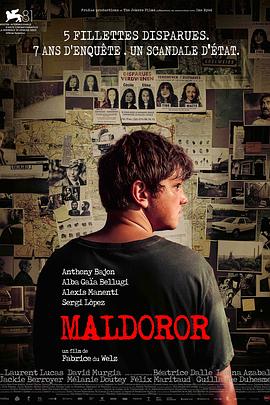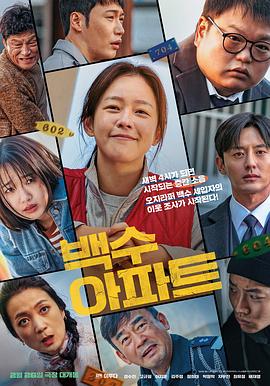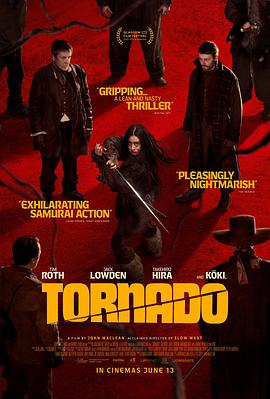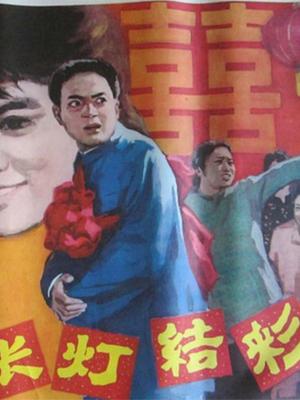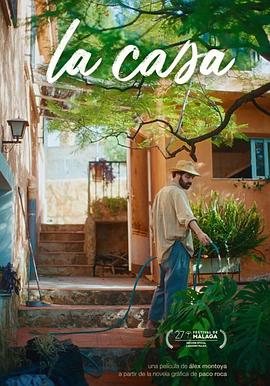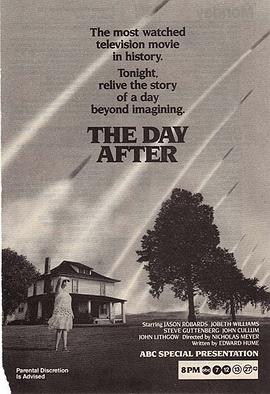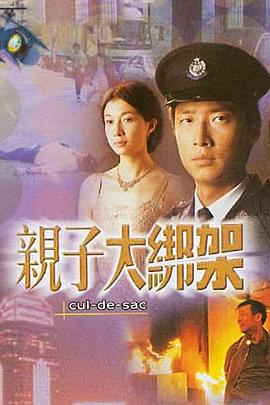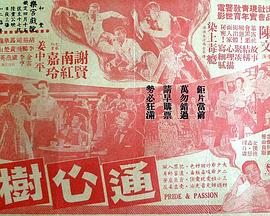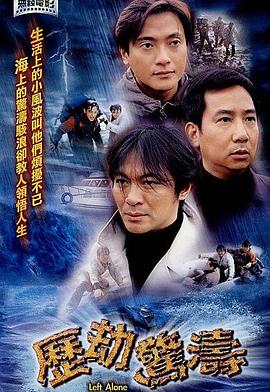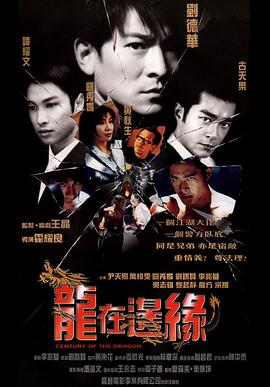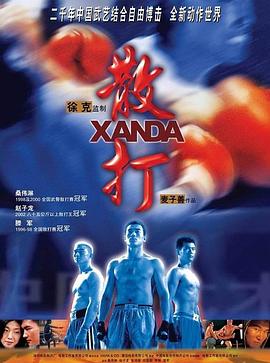- 正在播放《欧洲的某个地方》HD中字 - 无尽①
- 提醒不要轻易相信视频中的任何广告,谨防上当受骗
- 技巧如遇视频无法播放或加载速度慢,可尝试切换播放节点或者切换解析
- 收藏哩哩影视 - 影视在线观看网址:www.9tvs.com / www.9tvs.com ,记得收藏哟~
剧情:
Somewhere in the remote region, the war ends. In the midst of ruined cities and houses in the streets, in rural hamlets, everywhere where people still live, are children who have lost their homes and parents. Abandoned, hungry, and in rags, defenseless and humiliated, they wander through the world. Hunger drives them. Little streams of orphans merge into a river which rushes forward and submerges everything in its path. The children do not know any feeling; they know only the world of their enemies. They fight, steal, struggle for a mouthful of food, and violence is merely a means to get it. A gang led by Cahoun finds a refuge in an abandoned castle and encounters an old composer who has voluntarily retired into solitude from a world of hatred, treason, and crime. How can they find a common ground, how can they become mutual friends The castle becomes their hiding place but possibly it will also be their first home which they may organize and must defend. But even for this, the price will be very high. To this simple story, the journalist, writer, poet, scriptwriter, movie director, and film theoretician Béla Balázs applied many years of experience. He and the director Géza Radványi created a work which opened a new postwar chapter in Hungarian film. Surprisingly, this film has not lost any of its impact over the years, especially on a profound philosophical level. That is to say, it is not merely a movie about war; it is not important in what location and in what period of time it takes place. It is a story outside of time about the joyless fate of children who pay dearly for the cruel war games of adults. At the time it was premiered, the movie was enthusiastically received by the critics. The main roles were taken by streetwise boys of a children's group who created their roles improvisationally in close contact with a few professional actors, and in the children's acting their own fresh experience of war's turmoil appears to be reflected. At the same time, their performance fits admirably into the mosaic of a very complex movie language. Balázs's influence revealed itself, above all, in the introductory sequences an air raid on an amusement park, seen in a montage of dramatic situations evoking the last spasms of war, where, undoubtedly, we discern the influence of classical Soviet cinematography. Shooting, the boy's escape, the locomotive's wheels, the shadows of soldiers with submachine guns, the sound of a whistle—the images are linked together in abrupt sequences in which varying shots and expressive sharp sounds are emphasized. A perfectly planned screenplay avoided all elements of sentimentality, time-worn stereotypes of wronged children, romanticism and cheap simplification. The authors succeeded in bridging the perilous dramatic abyss of the metamorphosis of a children's community. Their telling of the story (the scene of pillaging, the assault on the castle, etc) independently introduced some neorealist elements which, at that time, were being propagated in Italy by De Sica, Rossellini, and other film artists. The rebukes of contemporary critics, who called attention to formalism for its own sake have been forgotten. The masterly art of cameraman Barnabás Hegyi gives vitality to the poetic images. His angle shots of the children, his composition of scenes in the castle interior, are a living document of the times, and underline the atmosphere and the characters of the protagonists. The success of the picture was also enhanced by the musical art of composer Dénes Buday who, in tense situations, inserted the theme of the Marseilaise into the movie's structure, as a motive of community unification, as an expression of friendship and the possibility of understanding. Valahol Europaban is the first significant postwar Hungarian film. It originated in a relaxed atmosphere, replete with joy and euphoria, and it includes these elements in order to demonstrate the strength of humanism, tolerance, and friendship. It represents a general condemnation of war anywhere in the world, in any form.
收起
相关影片
2023
剧情片
大陆
HD国语
2018
剧情片
中国大陆
更新至17集
2009
剧情片
其它
HD中字
2024
剧情片
比利时,法国
安东尼·巴容 阿尔芭·贝露琪 亚历克西斯·曼蒂 塞尔希·洛佩斯 洛朗·吕卡 大卫·穆尔贾 杰基·贝约尔 碧翠斯·黛尔 梅拉妮·杜泰 卢巴纳·阿兹巴尔 Robyn Fischetti 纪尧姆·迪赫姆 费利克斯·马利陶德 Epona Guillaume Alain Bellot Ga?l Maleux Sarah Grosjean Joséphine Darcy-Hopkins Lou Deleuze Jana?na Halloy Fokan Lili-Jane D'Hoop
Du Welz is currently in the midst of producing Maldoror, a film noir–investigative thriller which is
HD中字
2024
剧情片
韩国
HD中字
2025
剧情片
英国
HD中字
1982
剧情片
内地
HD国语
2024
剧情片
西班牙
大卫·贝尔达格尔 路易斯·卡叶赫 奥斯卡·德·拉·弗恩特 奥利维亚·莫丽娜 玛利亚·罗曼尼奥斯 洛雷娜·洛佩斯 玛尔塔·贝伦格尔 佐迪·阿吉拉尔 米古尔·雷兰 Jona García Tosca Montoya Arantzazu Pastor Arantxa Pastor Dario Mataix Moana Gómez Nora Arándiga Pau Belloch Rubio Guillem Belloch Rubio Amparo Oltra Paco Roca
父亲去世后,三兄妹回到了从小长大的家,如何处理父亲的老房子是他们必须解决的难题,面对至亲的离去与追忆美好的童年在这一刻碰撞在一处。导演亚历克斯·蒙托亚成功改编西班牙著名漫画家帕科·罗卡的同名作品,用改
HD中字
1983
剧情片
美国
HD中字
HD
1995
剧情片
中国香港
HD
2007
剧情片
中国香港
HD
1959
剧情片
中国香港
HD
2003
剧情片
中国香港
HD
1999
剧情片
中国香港
HD

